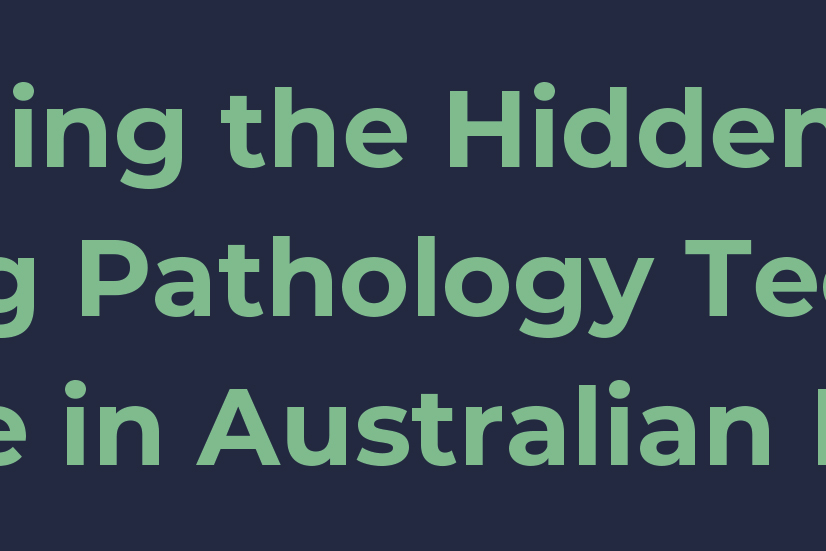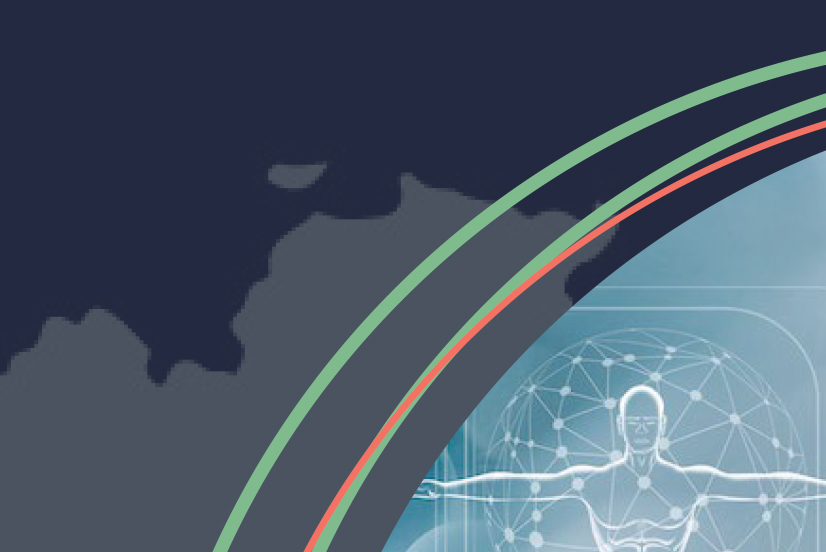The Missing Piece
Individual Stories, Collective Impact.
The Missing Piece
Individual Stories, Collective Impact.
About the campaign.
In the puzzle of healthcare, every piece plays a pivotal role. Pathology technology enables better and quicker diagnosis, treatment and prevention. Together, our voices can unlock the missing piece. Together we can champion universal access to the best innovations science can offer.
Read MoreThe Missing Piece
Individual Stories, Collective Impact.
The Missing Piece
Individual Stories, Collective Impact.
Watch the campaign video
Watch and share the stories that drive this campaign, and help us to understand why our work is so important.
Watch NowThe Missing Piece
Individual Stories, Collective Impact.
Why is pathology technology so important?
Access to pathology technology enables our healthcare system to be more preventative, personalised, and patient-centered – helping to tackle many of Australia’s pressing health challenges, particularly across infectious, cancer, rare and chronic diseases.
Read MoreIn the puzzle of healthcare, access to pathology technology is often the missing piece
Professor Elgene Lim
Medical oncologist and researcher

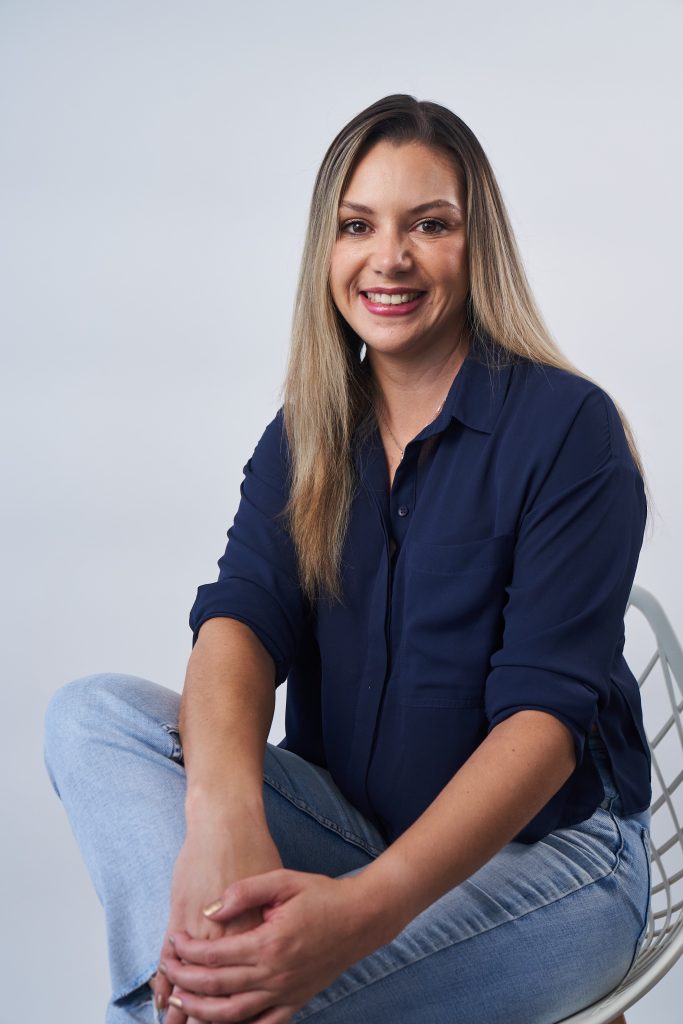
Amber
Breast Cancer Patient
Amber, a mother of three from Melbourne, was confronted with a daunting diagnosis at 27 while pregnant with her third child. After enduring chemotherapy and radiotherapy, and receiving a clean bill of health, she encountered another challenge seven years later—a suspicious lump under her arm that was diagnosed as metastatic breast cancer.
Her journey was significantly impacted by advancements in pathology technology. Through a genetic test, Amber discovered a rare mutation, which allowed her to access personalized treatment. This breakthrough not only provided her with a targeted way to fight her cancer but also enabled her family to explore preventative health options, igniting her advocacy for accessible genetic testing and personalized healthcare solutions.
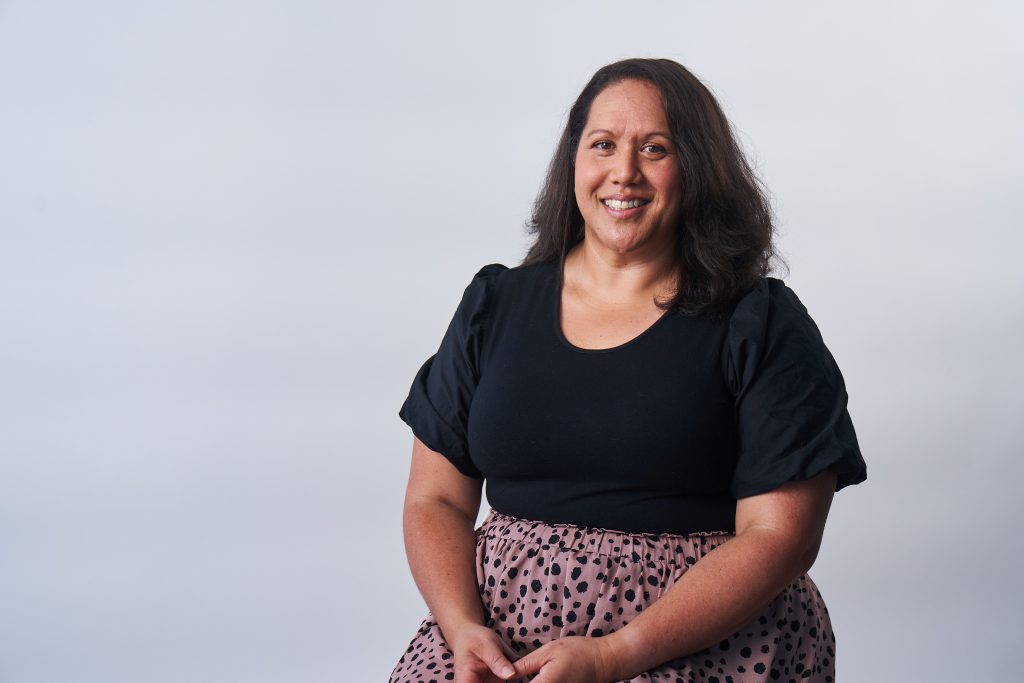
Angel
Breast Cancer Patient
Angel, a survivor of Triple Negative Breast Cancer, faced an abrupt confrontation with her mortality when her partner felt an unfamiliar lump, catapulting her from a state of perceived health into the throes of cancer diagnosis. This daunting journey was further complicated when her sister, residing in the remote town of Alice Springs, was also diagnosed with breast cancer. Angel’s ordeal illuminated the stark disparities in cancer care and access between metropolitan and rural areas, laying bare the inequities that persist in healthcare.
Motivated by her own experience and her sister’s struggle, Angel has become an advocate for bridging these gaps in healthcare. She champions the cause of pathology technology, a critical tool that offered her a lifeline through precise diagnosis and treatment options. Through her advocacy, Angel highlights the ‘Missing Piece’ campaign, emphasizing the vital role of advanced pathology in early detection and personalized treatment plans, especially for those in remote communities. Her mission is clear: to ensure that no family, regardless of their location, faces unnecessary hurdles in accessing the healthcare and technology necessary to fight cancer.
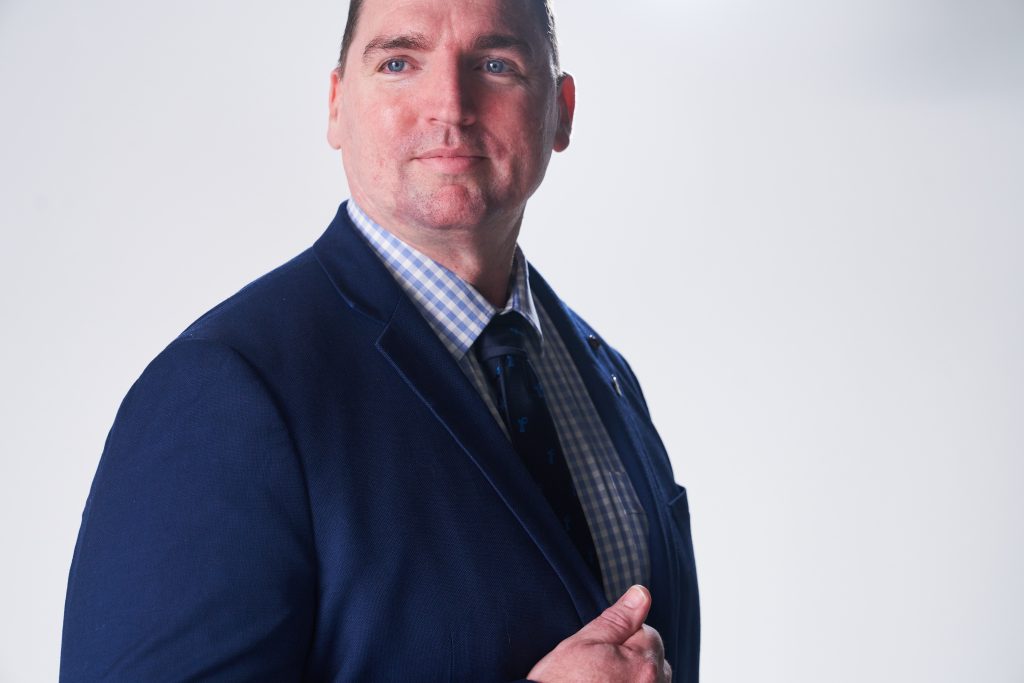
Bernie Riley
Prostate Cancer Foundation of Australia
Bernie is Head of Telenursing and Supportive Care programs at PCFA. In his 20-year career as registered nurse Bernie has worked with men and their families across Australian addressing the challenges cancer brings to their lives. Bernie leads PCFA’s nationwide Prostate Cancer Specialist Telephone Nursing and Counselling services providing evidenced-based information and support to all those affected by a diagnosis of prostate cancer.
Prostate Cancer Foundation of Australia (PCFA) are Australia’s leading community-based organisation for prostate cancer research, awareness, and support.
Their vision is a future where no man dies of prostate cancer and Australian men, and their families get the support they need.
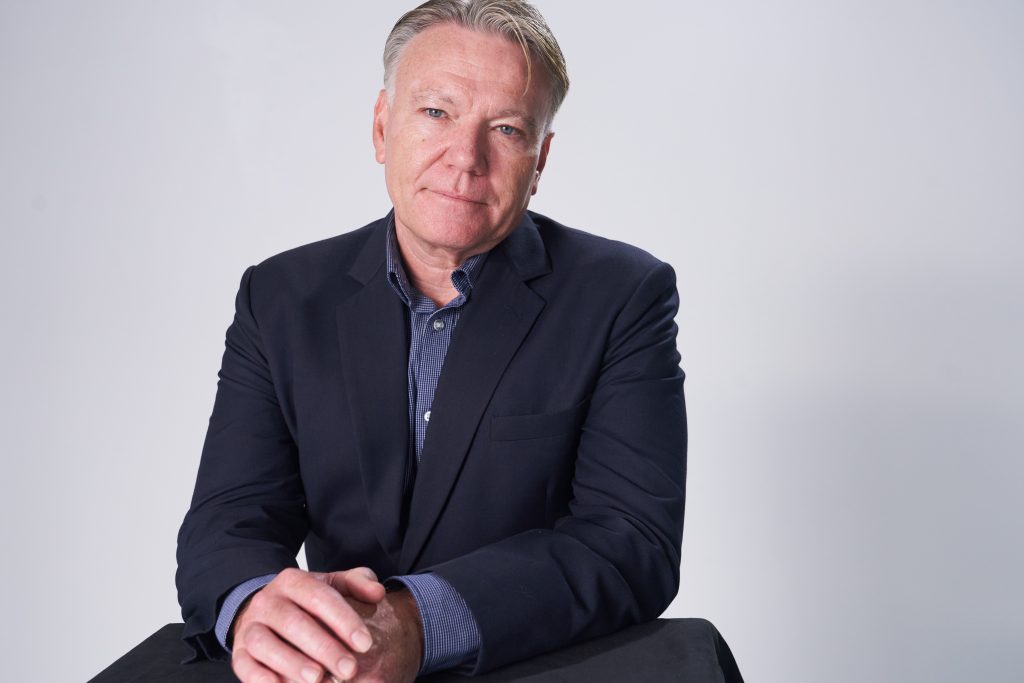
Dr Brett Abbenbroek
Sepsis Australia
Dr. Brett Abbenbroek, serving as the Program Manager of Sepsis Australia and the Asia Pacific Sepsis Alliance (APSA) at The George Institute’s Critical Care Division, spearheads critical initiatives aimed at combating sepsis within Australia and throughout the Asia Pacific. His leadership in the Stopping Sepsis – National Sepsis Action Plan and involvement with APSA, a coalition spanning 23 countries, underscores a commitment to enhancing sepsis education, research, and quality improvement on a regional scale.
Brett is passionate about improving education and access to vital sepsis triaging and treatments. His vision is clear: he wants our system to leverage innovation in medical technology and education to advance sepsis care, ensuring that effective detection and treatment are within reach for patients worldwide.
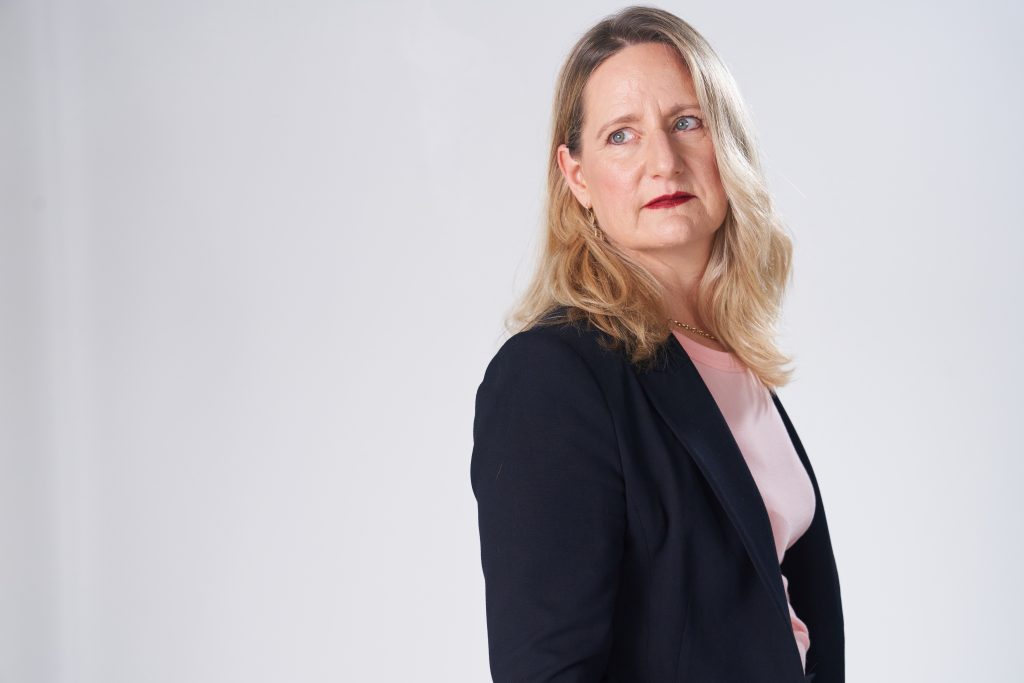
Christa Bayer
Lung Foundation Australia
Christa joined Lung Foundation Australia in January 2020 and leads the strategy across fundraising, marketing and digital transformation, supporting the organisations growth strategy and mission. Christa is an experienced senior leader specialising in NFP strategy, management, fundraising and philanthropy.
The Missing Piece campaign aligns with the Lung Foundations purpose to ensure that individuals affected by lung conditions have access to personalised medicine. Christa says, “every patient should have access to a timely test that leads them to the best treatment and healthcare outcomes.
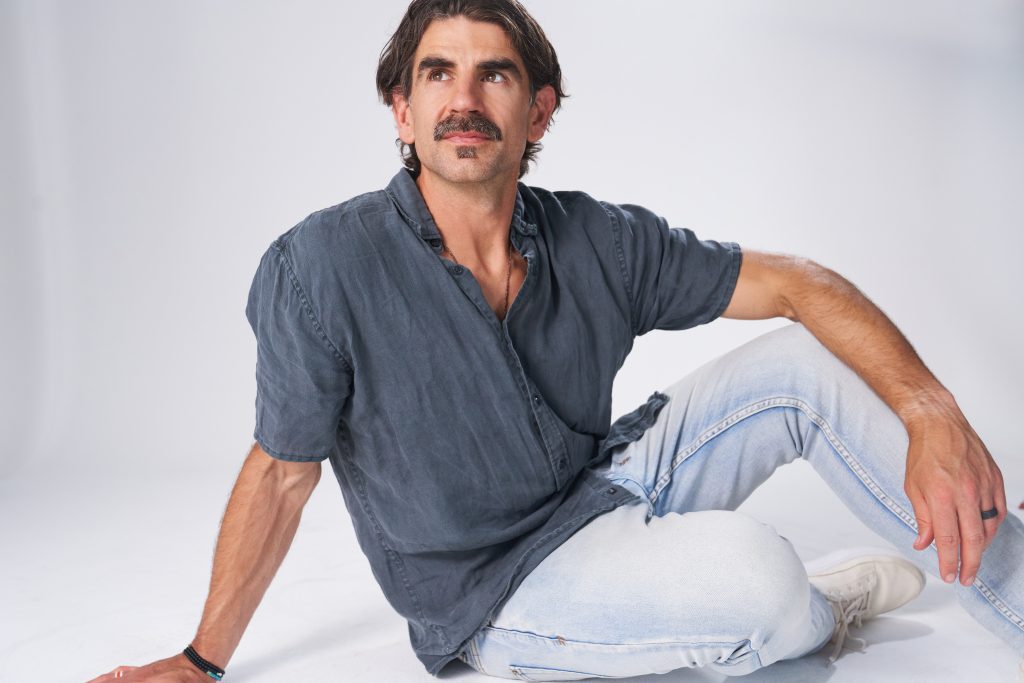
A/Prof Colman Taylor
University of NSW & HTAnalysts
Colman stands at the intersection of healthcare reimbursement and impact analysis, boasting an illustrious career that spans government, industry, and academia. With over ten years dedicated to pioneering healthcare innovation, he currently holds esteemed positions at The George Institute and the University of New South Wales. His expertise not only contributes to advancing healthcare practices but also to shaping policy and research that pave the way for future breakthroughs.
Colman believes The Missing Piece Campaign, emphasises the paramount importance of pathology technology in the healthcare landscape. Colman said, “It’s not just an add-on but a fundamental necessity for enabling personalised medicine and ensuring equitable healthcare access across the nation.”
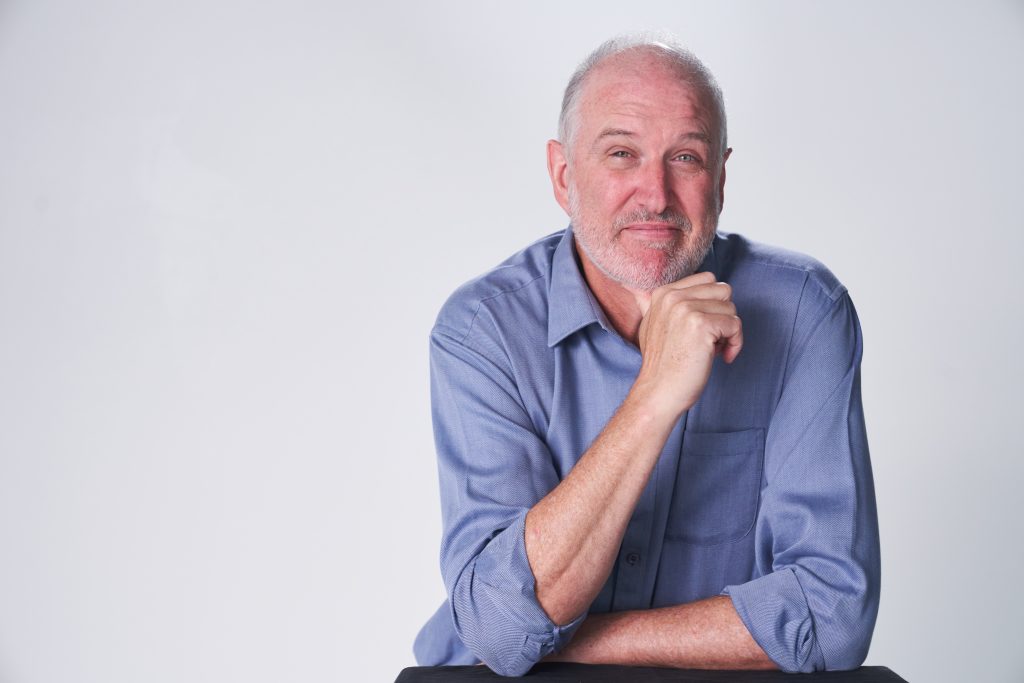
Dr Greg Gard
Gynecological Oncologist
Dr Greg Gard is a certified gynaecological oncologist, Senior Staff Specialist at Royal North Shore Hospital and Lecturer at the University of Sydney.
Greg commenced his gynaecology training at King George V Hospital, Sydney and later completed fellowships at the Royal Women’s Hospital and The Peter MacCallum Cancer Institute in Melbourne and Vancouver General Hospital and British Columbia Cancer Agency in Vancouver, Canada. He has a special interest in familial cancers and is a member of the ANZGOG the national trials group for gynaecological cancer.
Greg is an advocate for the earliest possible access to the best pathology technology science can offer his patients. He says “The Missing Piece campaign” highlights the gaps in our healthcare system and I believe if we unite our voices, we can get the change patients need
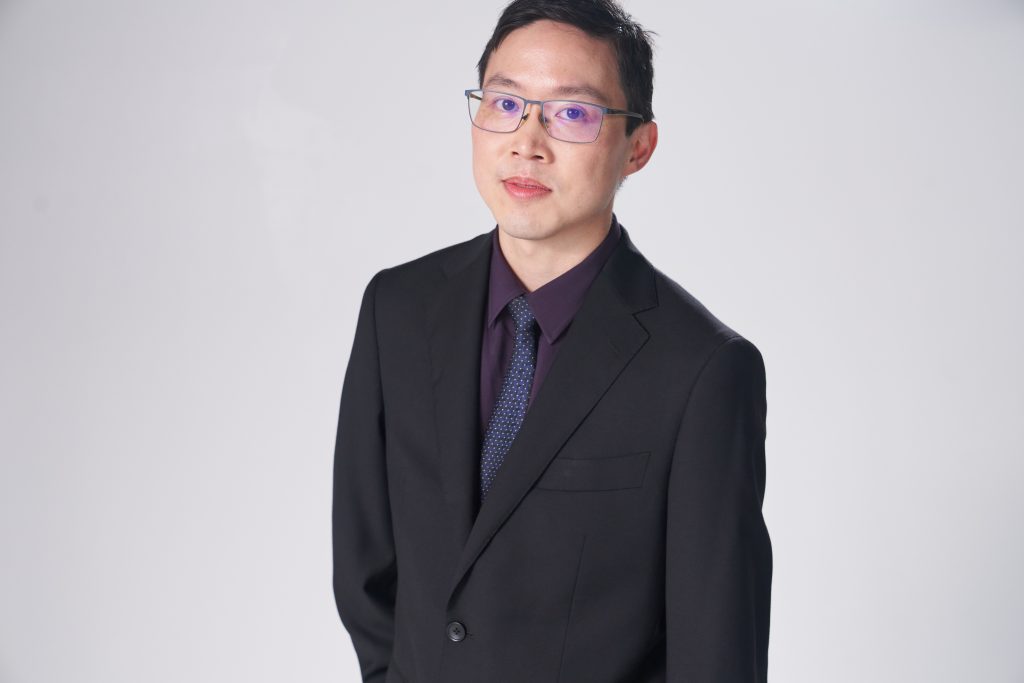
Dr Stephen Wong
Molecular Anatomical Pathologist
Dr Stephen Wong BPharm (Hons) MBBS (Hons) FRCPA, is a graduate from the University of Sydney. He trained in anatomical pathology at St Vincent’s Hospital with rotations to the Department of Forensic Medicine (Glebe), Royal Prince Alfred Hospital, Royal North Shore Hospital and Prince of Wales Hospital before obtaining fellowship of the Royal College of Pathologists of Australasia in 2019. He has since continued to work at St Vincent’s Hospital, first as a post graduate fellow and then as a staff specialist anatomical pathologist.
Stephen has a broad interest in anatomical pathology and provides diagnostic services in the following areas of pathology: skin, thoracic, haematolymphoid, head and neck, gastrointestinal, breast, neurological, soft tissue, ocular, general cytopathology and molecular pathology (NPAAC certified). He is dedicated to the teaching and training of pathology registrars and, as a conjoint lecturer, is involved in teaching of UNSW medical students.
Stephen is proud to be gay and is immensely grateful to all his wonderfully supportive and accepting colleagues and friends.
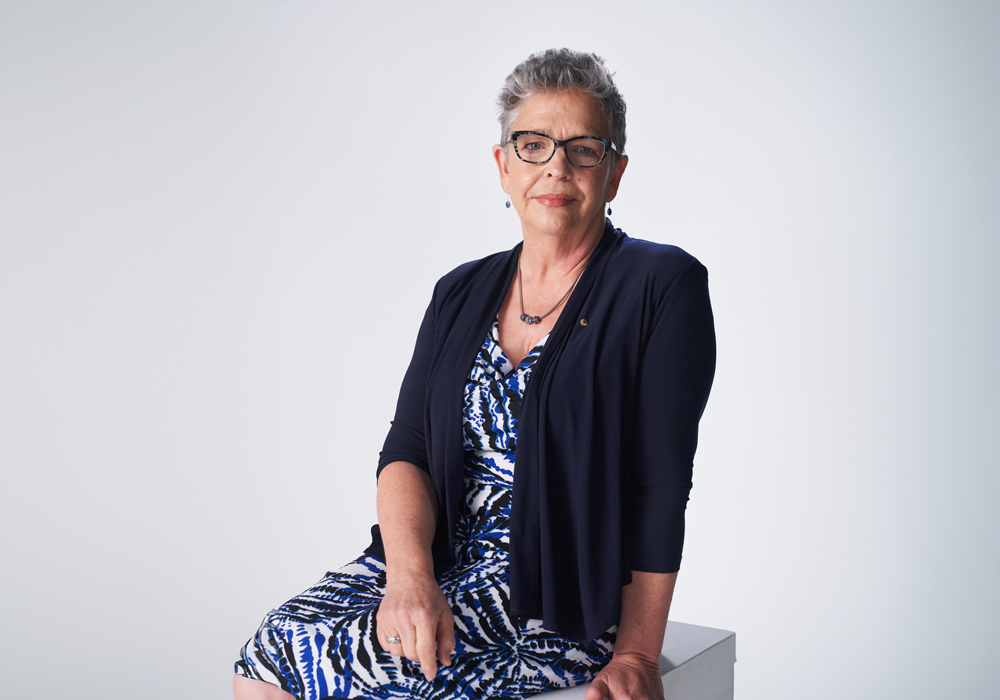
Prof. Fran Boyle
Medical Oncologist
Professor Fran Boyle is a highly experienced medical oncologist who specialises in the areas of breast cancer and melanoma. She is passionate about making advances in this field and her practice focuses on researching new treatments as well as developing care and communication.
For over 20 years, Fran has been involved in setting up clinical trials, supportive care, and psychosocial research in breast cancer. She has previously chaired the Board of Breast Cancer Trials and contributes to clinical trial development nationally and internationally through Breast Cancer Trials and the International Breast Cancer Study Group.
Fran says “The Missing piece campaign is a platform for both clinicians and patients to voice their experiences. This collaborative effort will foster a deeper understanding and hopefully bridge the gap between medical innovation and real-world access our patients need”
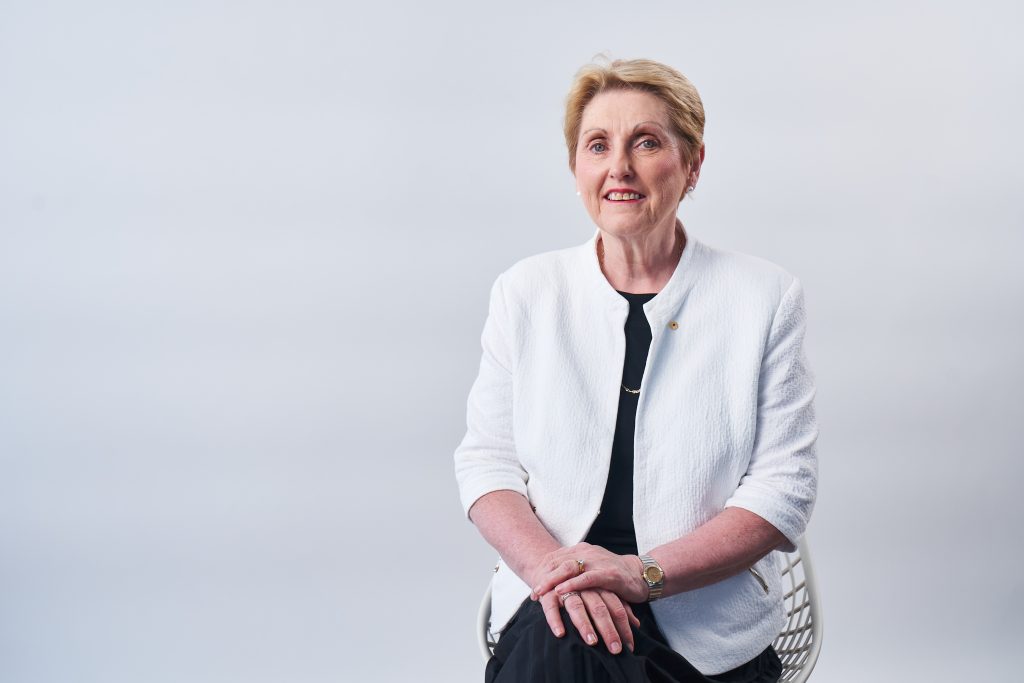
Prof. Ingrid Winship
Clinical Geneticist
Professor Ingrid Winship AO FAHMS, clinician scientist in clinical genetics, cancer genetics and genodermatology, is a leader in genetics research and health services. She is Chair of the Australian Health Ethics Committee and a member of the NHMRC Council. Professor Winship has translated research in genetics and cancer prevention into state-of-the-art clinical services, alongside person centred care, innovation, community engagement, teaching, succession planning and mentoring.
In 2020, Professor Winship received the award of the Order of Australia in recognition of her “distinguished service to medicine particularly to clinical genetics and research, to cancer prevention, and as a role model and mentor.”
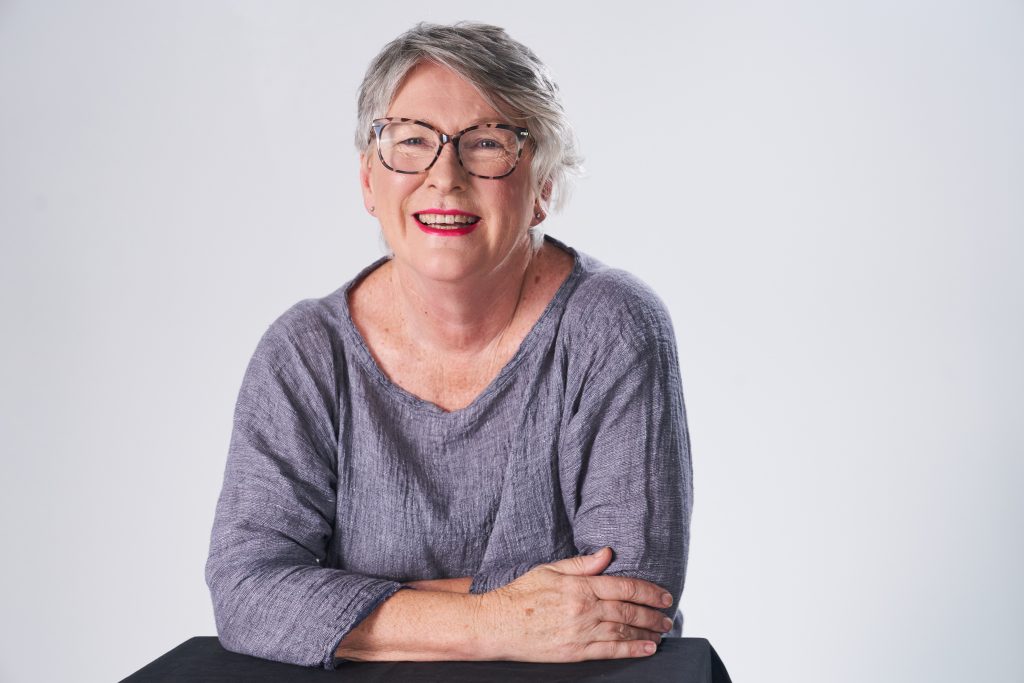
Jacinta
Ovarian Cancer Patient
Jacinta – a wife, mother to two adult children, and a practicing psychotherapist – was diagnosed with Stage 3C ovarian cancer on her 59th birthday. She immediately underwent nine weeks of gruelling chemotherapy treatment followed by two surgeries and has faced other treatments since then.
Jacinta’s experience has led her to advocate for other women facing ovarian cancer. She contributes to fundraising, political advocacy, awareness raising, social support to other women and is engaged in online support groups. She is an active consumer researcher on national and international ovarian cancer research projects and supports women to engage with consumer research and advocacy.
Jacinta was part of the team which won Best New Podcast at the 2022 Australian Podcast Awards for the podcast On the Down Low: speaking up about ovarian cancer and she has been acknowledged with several volunteer awards.
Jacinta says, “I’m supporting the Missing Piece campaign because all Australians deserve to have access to the most modern, appropriate tests to help find answers to their health issues as quickly as possible. For diseases like ovarian cancer, time is of the essence, and patients shouldn’t have to wait a moment longer than necessary to get the test results they need.”
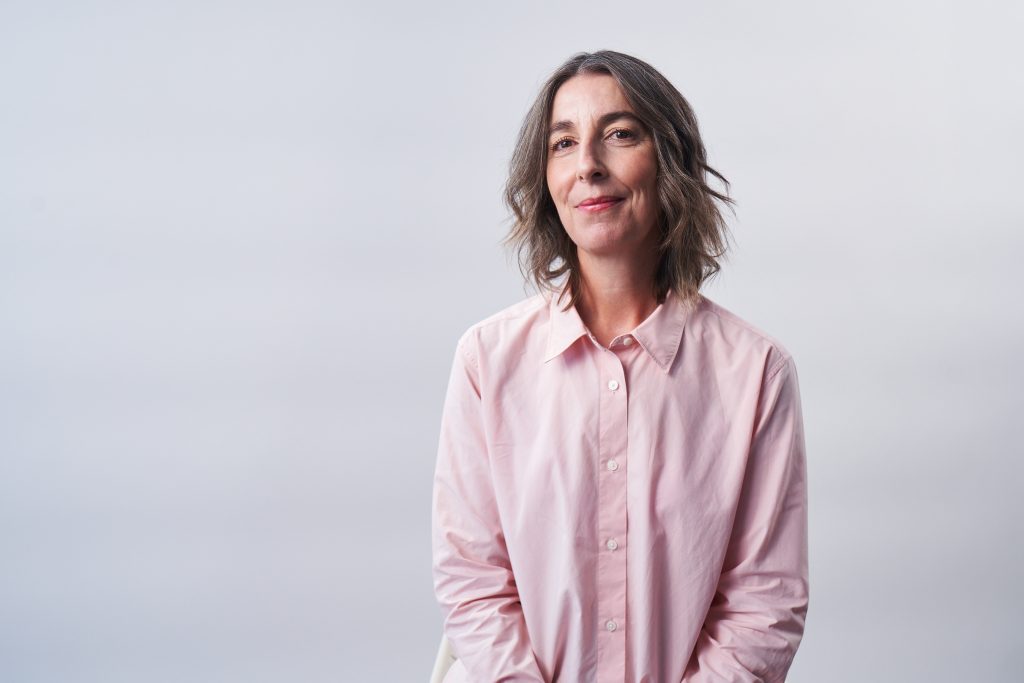
Karen Dun
Cytogenetics Principal Scientist
Karen Dun is the Principal Scientist with the Victorian Cancer Cytogenetics Service at St Vincent’s Public Hospital in Melbourne which is the largest cancer cytogenetic laboratory in Australia. She has a strong interest in cancer cytogenetics and is Chair of the Australasian Society of Diagnostic Genomics Quality Assurance Program.
Ms Dun has over 25 years experience in the field of cytogenetics working in all areas over her career including prenatal diagnostics, constitutional and cancer cytogenetics. She has extensive experience in chromosome analysis, FISH and microarrays with a number of publications in the area of cancer cytogenetics and Tasmanian Devil Facial Tumour Disease genetics.
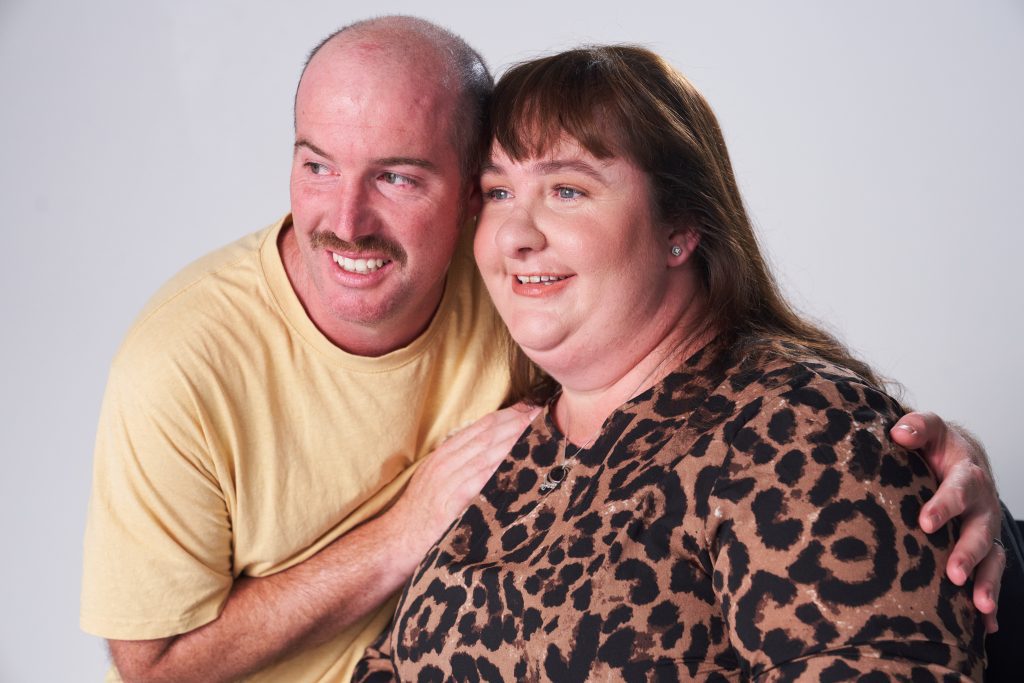
Korina
Sepsis Survivor
In April 2015, one week before her 28th birthday, Korina became seriously ill with symptoms doctors thought to be influenza but was in fact a life-threatening bacterial infection.
After being sent home, Korina’s condition rapidly deteriorated and doctors held grave fears for her survival. What had initially diagnosed as the flu turned out to be sepsis, and Korina woke from a coma to find both her arms and legs had been amputated to save her life.
Motivated by her own experience with sepsis, Korina and her husband Daniel lend their voices to The Missing Piece campaign to push for greater, more timely intervention for this disease which has earned it the title “Australia’s silent killer.”
The couple are backing calls from experts for national action to address the issue of sepsis treatment being far too fragmented across the national healthcare system, resulting in a lack of understanding from healthcare workers and a poor level of public awareness.
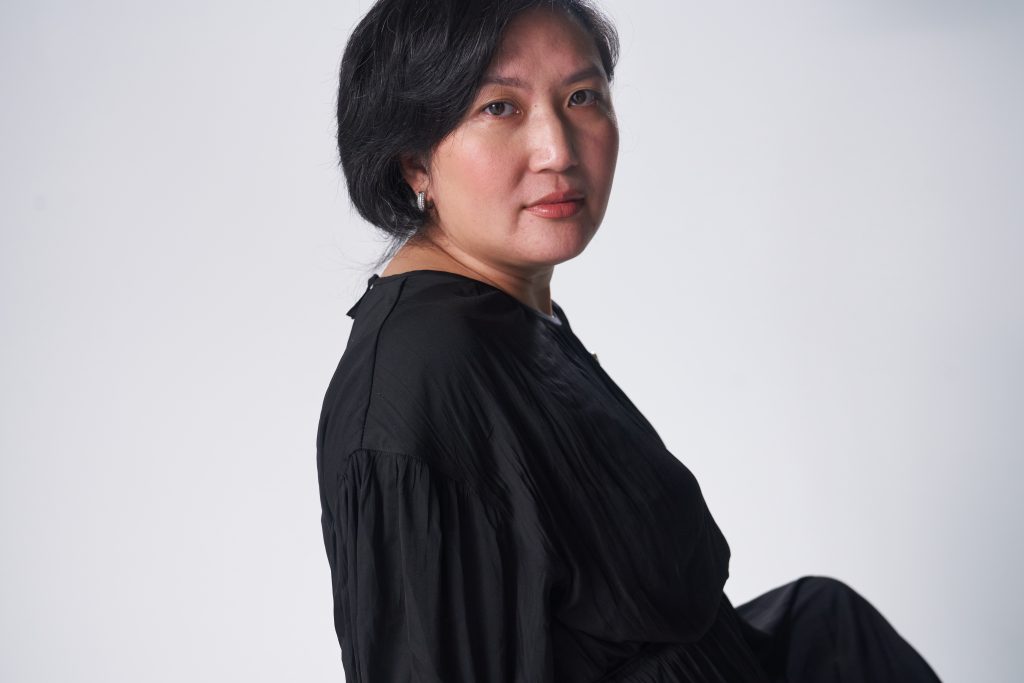
Kathy
Stage 4 Lung Cancer Patient
What Kathy thought was just a painful migraine turned out to be something far more sinister. After presenting to ER when she lost body coordination, a CT and brain MRI confirmed that Kathy had EGFR NSCLC Stage 4 lung cancer. Confronted with this terrifying diagnosis at the age of 39, her scans solidified that the cancer had metastasised to her brain, causing the acute migraines she had been experiencing.
Throughout her ongoing cancer journey, Kathy has realised that there is a stigma to lung cancer, and more awareness is needed to inform consumers that it can be genetically predisposed, not just contracted via smoking.
Kathy says “Pathology Technoloy plays a vital role in early detection and pinpointing genetic variants that can inform risk more accurately, I accessed a personalised treatment only available after biomarker testing”.
Kathy’s genetic mutation is not hereditary, nor environmental, and can only be diagnosed through biomarker testing.
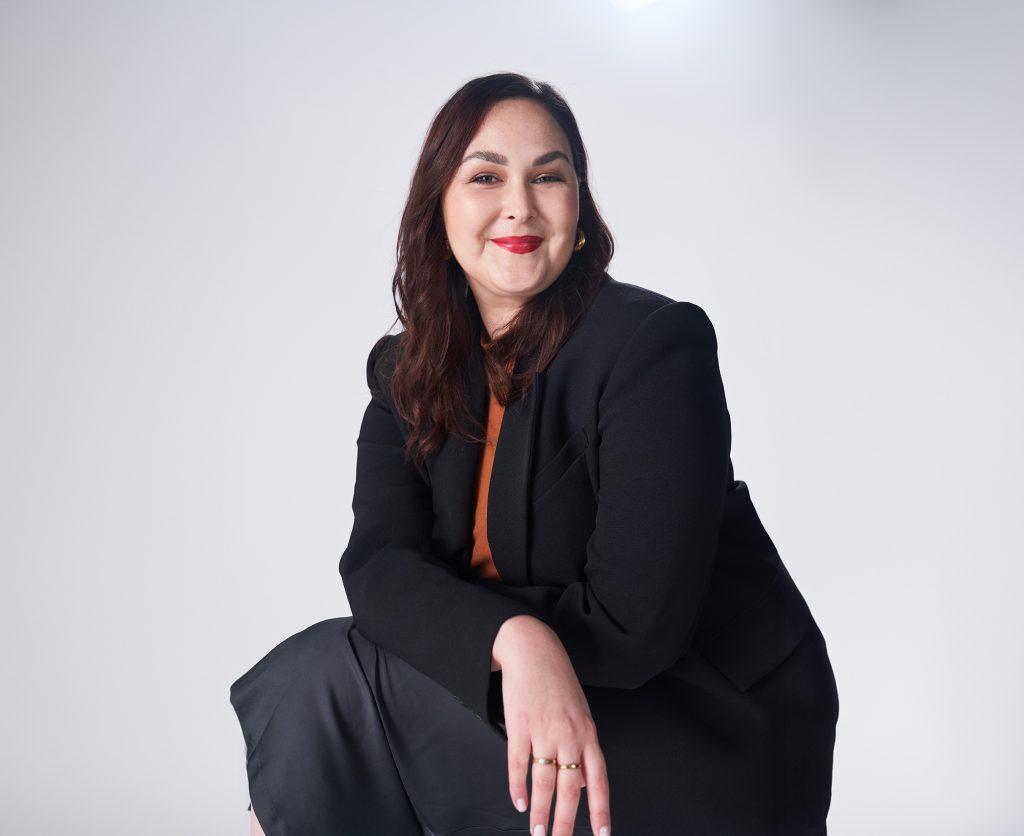
Kate-Marie
Stage 4 Breast Cancer Patient
Kate-Marie was 27 years of age when her life was unexpectedly interrupted by a Stage 2 ER+ PR+ breast cancer diagnosis. Enduring three breast surgeries, months of chemotherapy and harsh radiation, her world was again rocked by the news that her treatment had not worked: the cancer had spread, and she now lives with incurable metastatic breast cancer.
Kate-Marie aligns herself with The Missing Piece campaign to advocate for a future where the standard of care includes personalised cancer treatments made possible by advancements in pathology technology. Recognising the potential of genomic profiling to unlock critical opportunities for patients—including participation in clinical trials, less aggressive treatment options, and more effective medications—she aspires to witness the transformation of metastatic prognoses from a fatal to a manageable chronic disease.
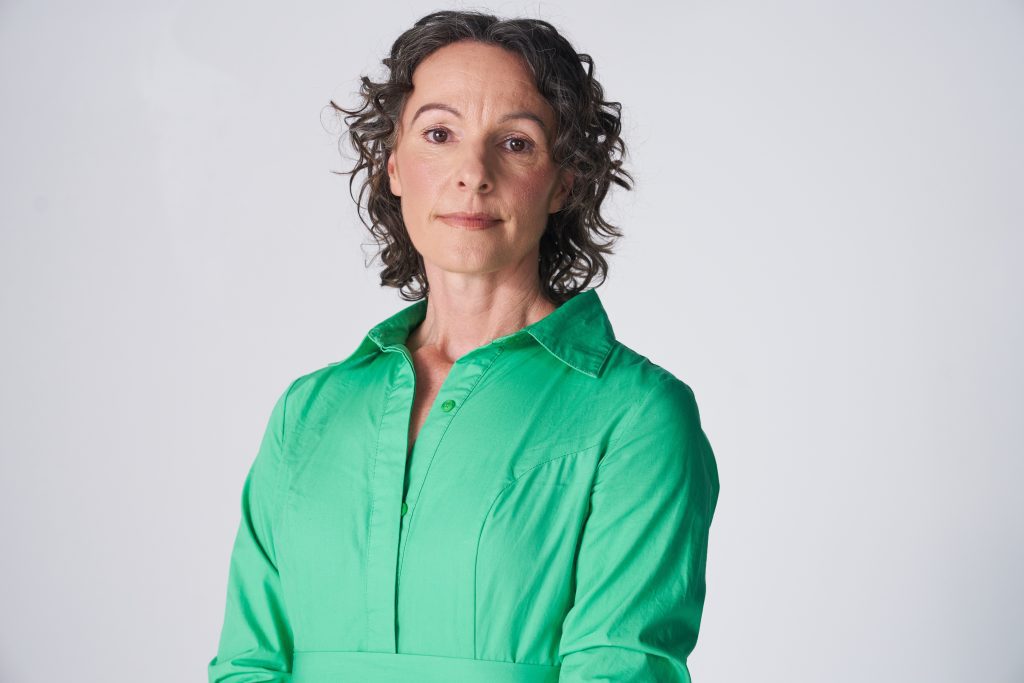
Madeline O'Donoghue
Pathology Technology Australia
Madeline leads Communications and Government Affairs for Pathology Technology Australia – the peak industry body representing manufacturers and importers of the diagnostic tests and technology used in Australia’s health system. A trained molecular biologist, she has spent the bulk of her career in a range of technical training, product development, marketing, and communication positions for a mixture of multinational corporations and start-up innovators in clinical diagnostics and life science, in Australia and the US. Madeline applies her knowledge of research and clinical pathology laboratory environments, communication and education skills, and her passion for solving puzzles to champion innovative technology-driven solutions in health.
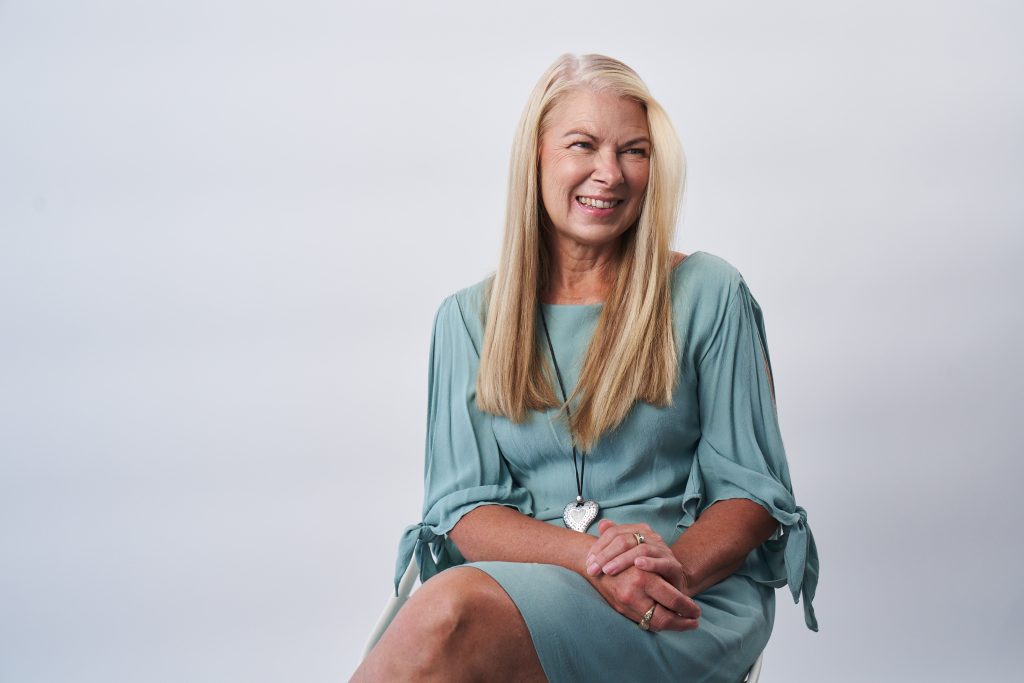
Monica Ferrie
Genetic Support Network Victoria
Possibilities and potential bring together the threads of Monica Ferrie’s career. Working with and for individuals, families, communities, organisations and sectors, committed to equity and fairness. For many years
Monica has worked across the community, health, education, business and government sectors. Serving the genetic, undiagnosed and rare disease community, Monica is Chief Executive, Genetic Support Network of Victoria (GSNV), and a founding member of GUARD Collaborative Australia. Monica joined the Rare Disease International Council in 2023 and is a current Board member of the Asia Pacific Alliance of Rare Disease Organisations (APARDO).
Leading in patient advocacy, presenting nationally and internationally and bringing experience of a range of senior leadership and strategic roles in Government, education, the private sector and international projects. Monica is an Honorary Fellow of University of Melbourne and actively represents the community on many local, national and international committees, industry and advisory groups, research projects, advocacy and policy efforts and Boards .
Monica says, “There must be equal and timely access to genetic and genomic testing. A diagnosis is a gateway to care and treatment, to understanding, to changing trajectories, to exploring opportunities and accepting. Every life deserves that chance.”
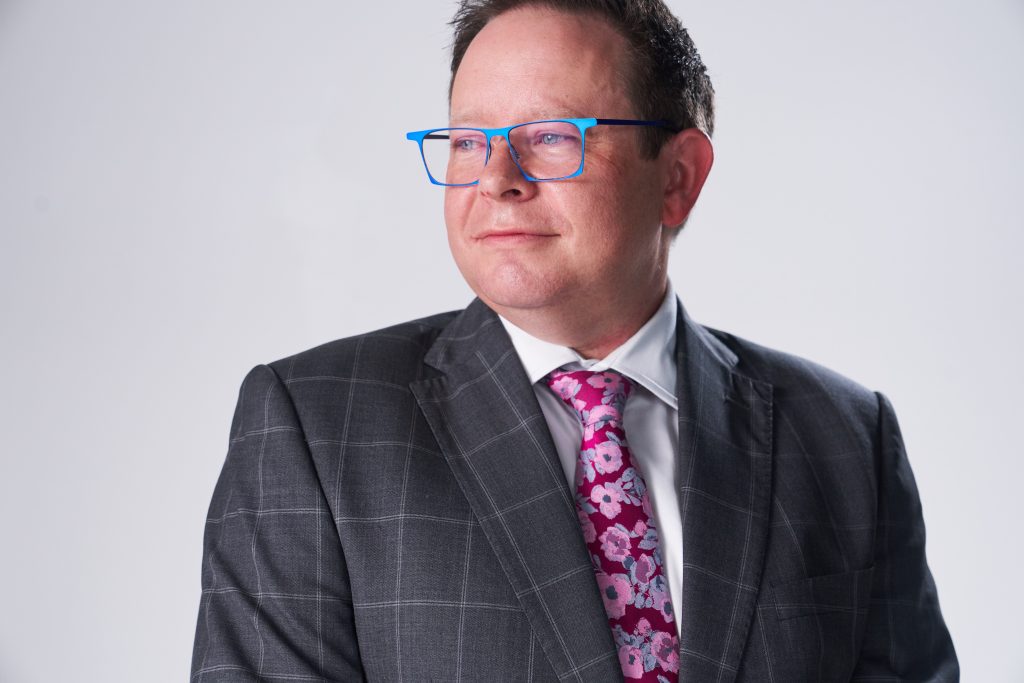
Dr Paul Griffin
Infectious Disease Clinician
Professor Paul Griffin is the Director of Infectious Diseases at Mater Health Services in Brisbane and Associate Professor of Medicine at the University of Queensland Medical School. He has fellowships in Infectious Diseases from the Royal Australasian College of Physicians, in Clinical Microbiology from the Royal College of Pathologists of Australasia and from the Australasian College of Tropical Medicine.
Paul says “by participating in this campaign, I aim to highlight the essential role of advanced pathology in infectious disease detection, diagnosis, and treatment. We need for ongoing investment in technological advancements to better serve patients and the wider healthcare community.”
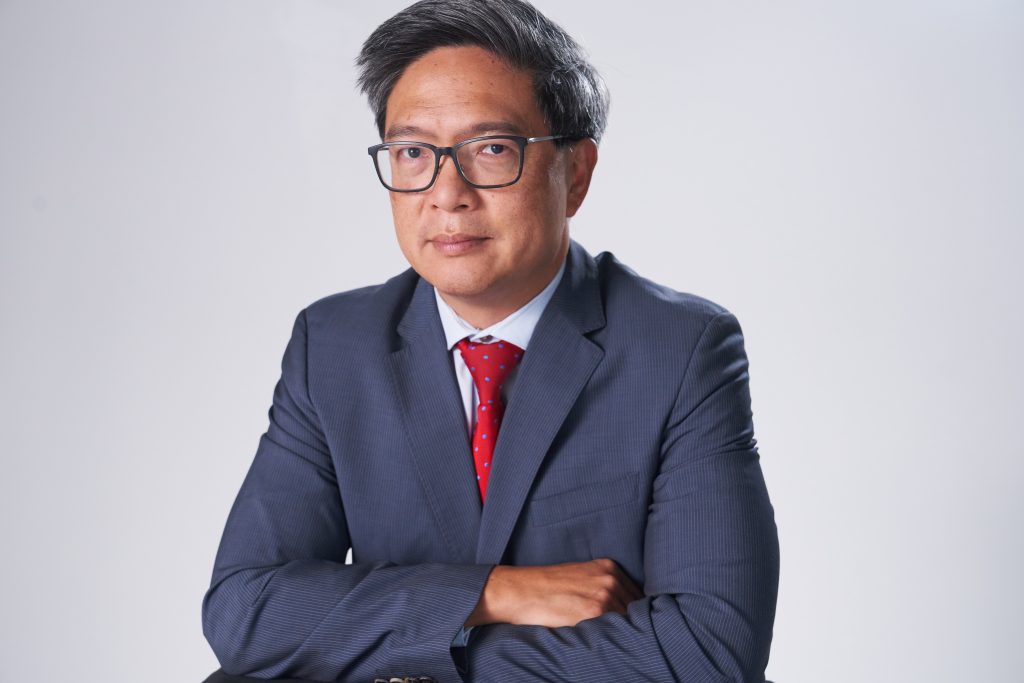
Prof. Elgene Lim
Breast Cancer Trials
Professor Elgene Lim is a medical oncologist and researcher with a focus on breast cancer research and treatment. He completed his doctoral research, medical and oncology training in Melbourne. Findings from his PhD research had a major impact on the identification of the culprit cells in carriers of the BRCA1 mutant gene, a hereditary breast cancer syndrome.
Elgene currently oversees the breast oncology unit at The Kinghorn Cancer Centre, St Vincent’s Hospital in Sydney. He also heads the Connie Johnson breast cancer research laboratory at the Garvan Institute of Medical Research. In partnership with their patients, their research spans the laboratory to clinical trials. The laboratory performs clinically focused research, including the evaluation of novel therapies, and overcoming resistance to hormone receptor positive breast cancers.
Elgene says on his involvement in the Missing Piece Campaign “quick and equitable access to pathology technology is vital.”
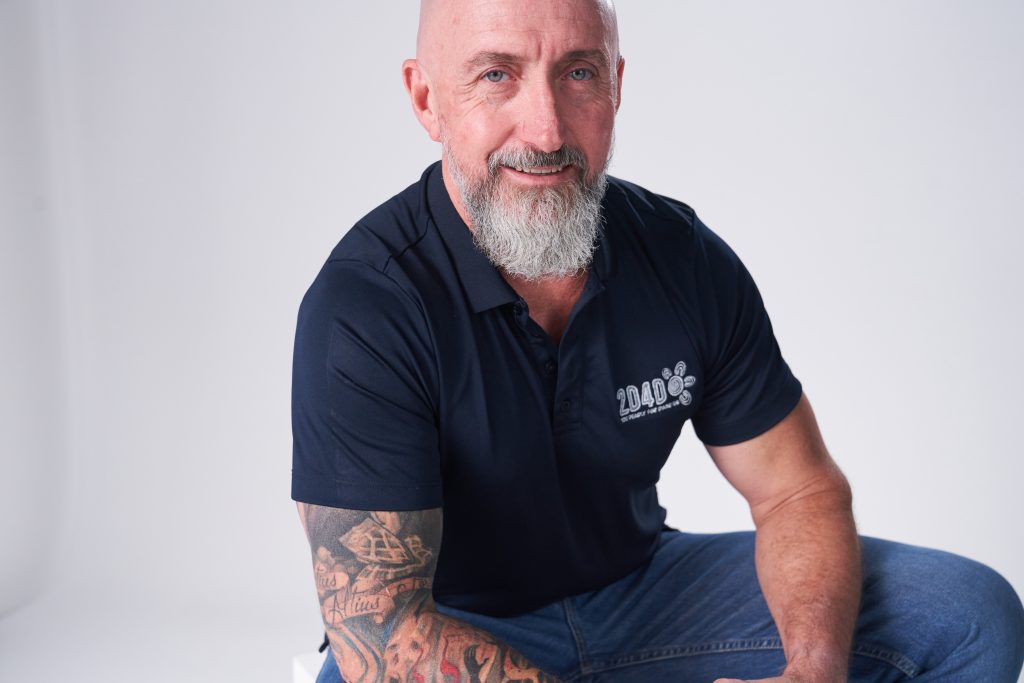
Ray Kelly
Too Deadly for Diabetes
Ray Kelly is a proud Gomeroi man and one of Australia’s leading health professionals, with over 31 years’ experience in the health and sports industries. He has a degree in Human Movement, a Master of Teaching (PDHPE) and a Bachelor of Research where he focused on the reversal of type 2 diabetes in the Indigenous community. He is currently completing his Doctor of Philosophy in Analysis of the factors contributing to successful reversal of type 2 diabetes through lifestyle change by Indigenous people in Australia at the University of Melbourne.
Ray is the founder of Too Deadly for Diabetes, a lifestyle program designed by Ray and provided primarily through Aboriginal medical services in rural and remote NSW. He engages with the local Indigenous community and health care providers to identify obstacles and design strategies for the management of type 2 diabetes. He is passionate about raising awareness of the benefits of pathology technology for Indigenous communities—especially for early diagnosis of diabetes—has fuelled Ray’s desire to align with The Missing Piece campaign.
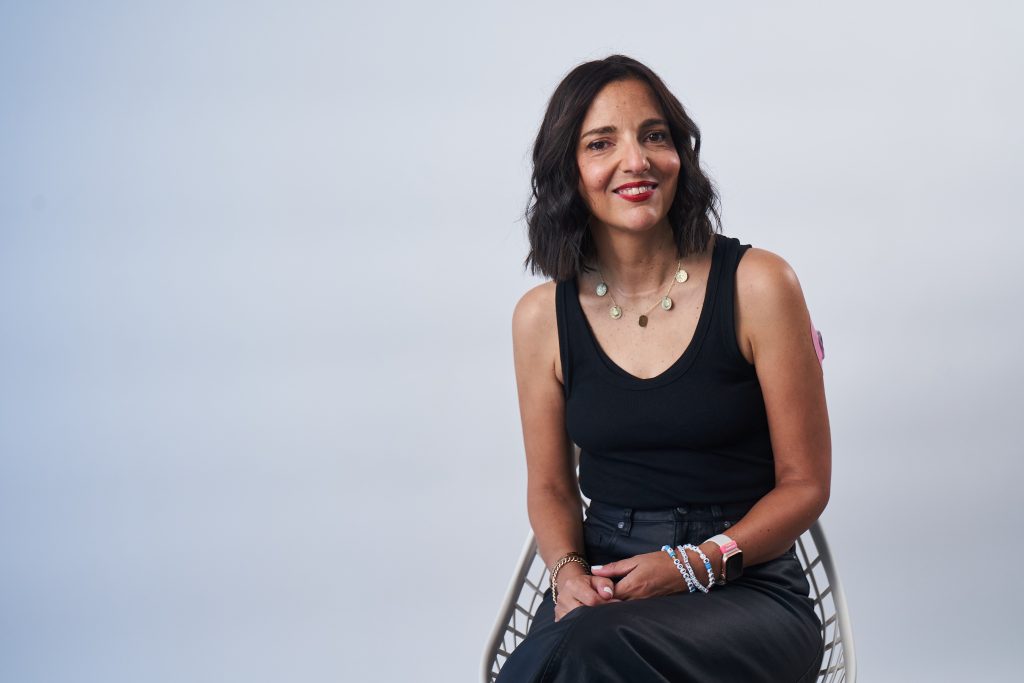
Renza Scibilia
Diabetes and health advocate
Renza Scibilia has lived with type 1 diabetes since 1998. She is a health writer and diabetes advocate, promoting a person-centered approach to healthcare & in the development of information and technologies. A regular presenter at conferences around the world, Renza speaks about the importance and value of lived experience, effective health communications and how co-design should be a cornerstone of any health service development.
Renza is the author of one of Australia’s most widely read health blogs, Diabetogenic, and is a regular contributor to different health news sites around the world. She started the blog to put a voice to some of the ongoing issues of living with type 1 diabetes, a life-altering and life-long condition. Being a diabetes consumer representative and a vocal advocate for ensuring the voice of the patient is heard loud and clear, The Missing Piece campaign aligns with Renza’s philosophy of more transparency and shared decision-making within the healthcare ecosystem.
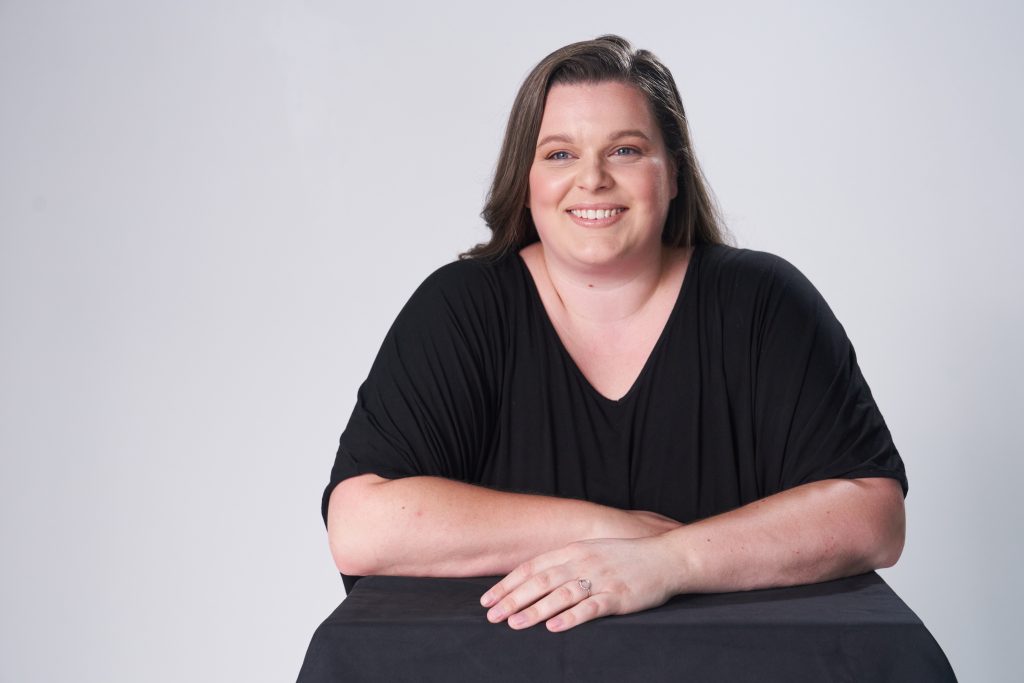
Sarah
Preeclampsia Survivor & Advocate
In 2022, Sarah was diagnosed with preeclampsia late in her pregnancy, despite being symptomatic from very early on. Her blood pressure became so severe that she almost died, along with her unborn son. Both were saved by an emergency C-section, and faced separate stays in the ICU and NICU. Preeclampsia has left Sarah needing blood pressure medication for life, as well as putting her at high risk for many other illnesses and health issues.
After her experience, Sarah wanted to make sure that no one else felt alone in their preeclampsia or birth trauma experience. Sarah started The Pesky Placenta Society to create a safe space to share stories and awareness about an illness that claims the life of a pregnant individual every 6 minutes.
Sarah says, “No one should feel dismissed or overlooked in their pregnancy when they know something is wrong, and pathology technology can provide that Missing Piece.”
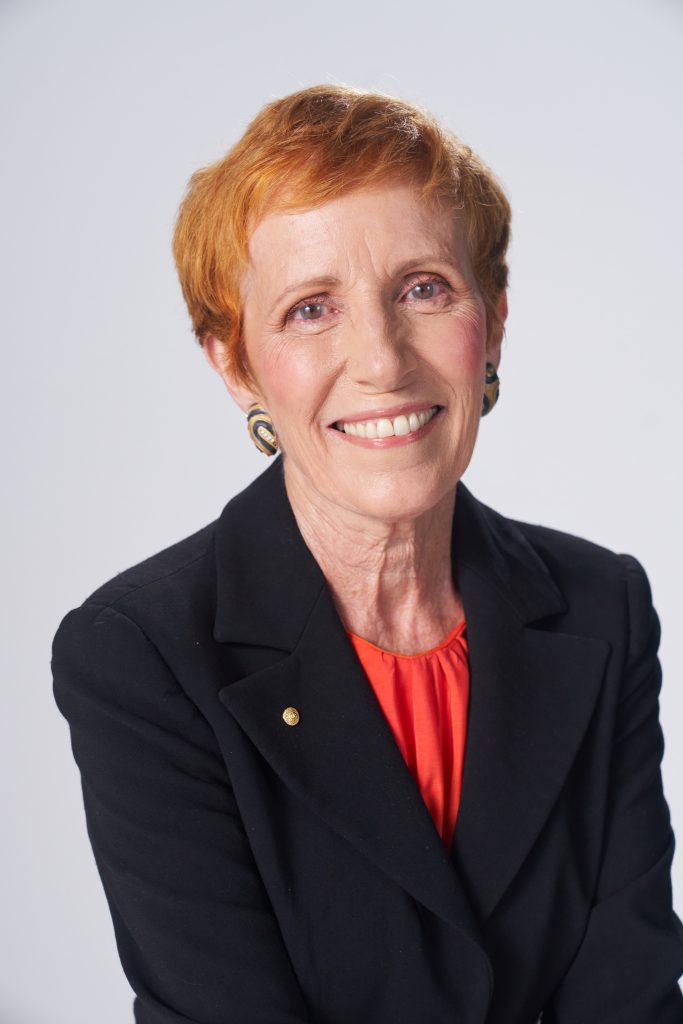
Sue Murray OAM
Zero Suicide Institute of Australasia
Sue Murray is a health promotion advocate dedicated to improving the health and wellbeing of all people. Throughout her career she has focused on health for the community having led several organisations focused on education, cancer control, chronic disease, and suicide prevention.
Sue now leads the Zero Suicide Institute of Australasia which advocates for local implementation of two programs. First, Zero Suicide Healthcare, supports the healthcare system understand and more effectively manage those who are vulnerable to suicidality. Second, Crisis Care Now, offers alternative pathways to hospital emergency departments when requiring mental ill-health crisis care.
Sue is proud to bring the voice of mental health and suicide prevention to the missing piece campaign. Sue says “including this health condition gives a platform to the many families and individuals navigating our health system”
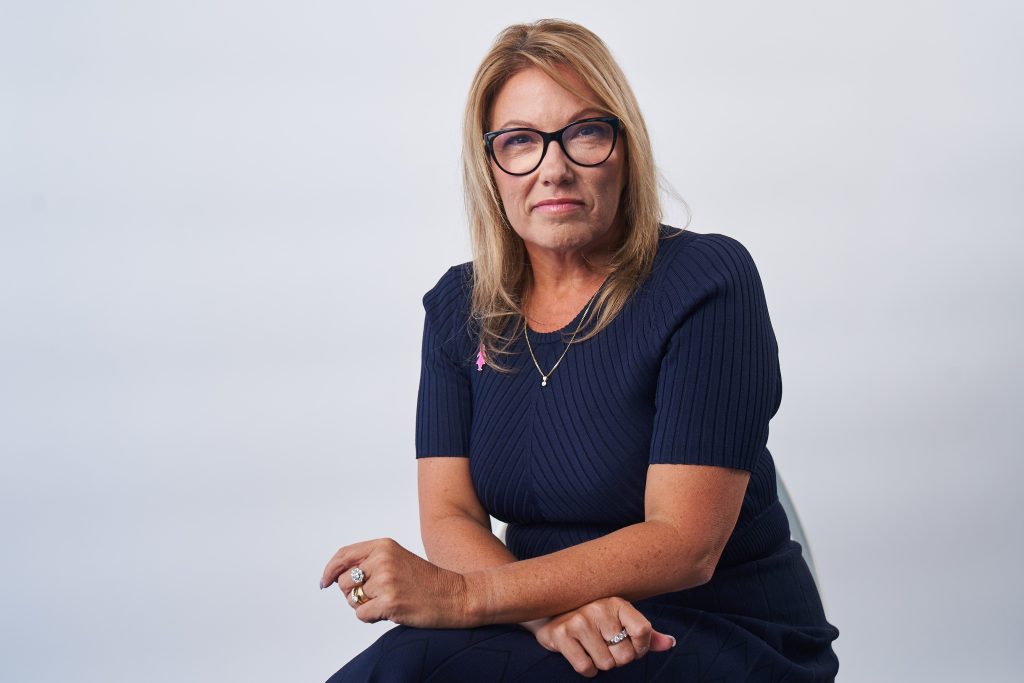
Vicki Durston
Breast Cancer Network Australia (BCNA), Director of Policy, Advocacy & Support Services
Vicki joined Breast Cancer Network Australia (BCNA) – Australia’s leading voice for people affected by breast cancer – at the start of 2020.
As BCNA’s Director of Policy, Advocacy and Support Services, she brings extensive health leadership, governance, research, clinical and health management experience – spanning 30 years.
Vicki has a clinical nursing background and gained a Master of Education in Leadership Policy and Change from Monash University in 2012. She has been appointed terms on a range of federal and state health committees, as well as Board and advisory positions both within healthcare and in community Australian rules football (AFL).
Vicki is passionate about ensuring healthcare consumers have a voice at the table when decisions are being made and has led some key national advocacy initiatives to inform equity of access for those impacted by cancer.
That philosophy is at the centre of everything she does in BCNA’s rigorous advocacy striving to improve the experience of Australians affected by breast cancer.
The Missing Piece advocacy campaign aims to inspire action, foster dialogue, and drive positive change in universal access to pathology technology.
The Missing Piece campaign amplifies individual stories from the healthcare system to showcase the collective impact of improved access to pathology technology on lives, families, and communities.
We will work together alongside patients, experts and organisations to ensure that no one is left with missing pieces in their pursuit of better healthcare outcomes.
Pathology Applications
Predict susceptibility to disease
Prevent disease by identifying risk factors in patients that can be modified
Diagnose many diseases. For cancer, every case is diagnosed by pathology
Determine patient prognosis
Identify the presence or absence of infection
Monitor disease, identifying whether treatments work or should be adjusted or avoided
Personalise treatment to get the best result
Watch Our Missing Piece Campaign Video

